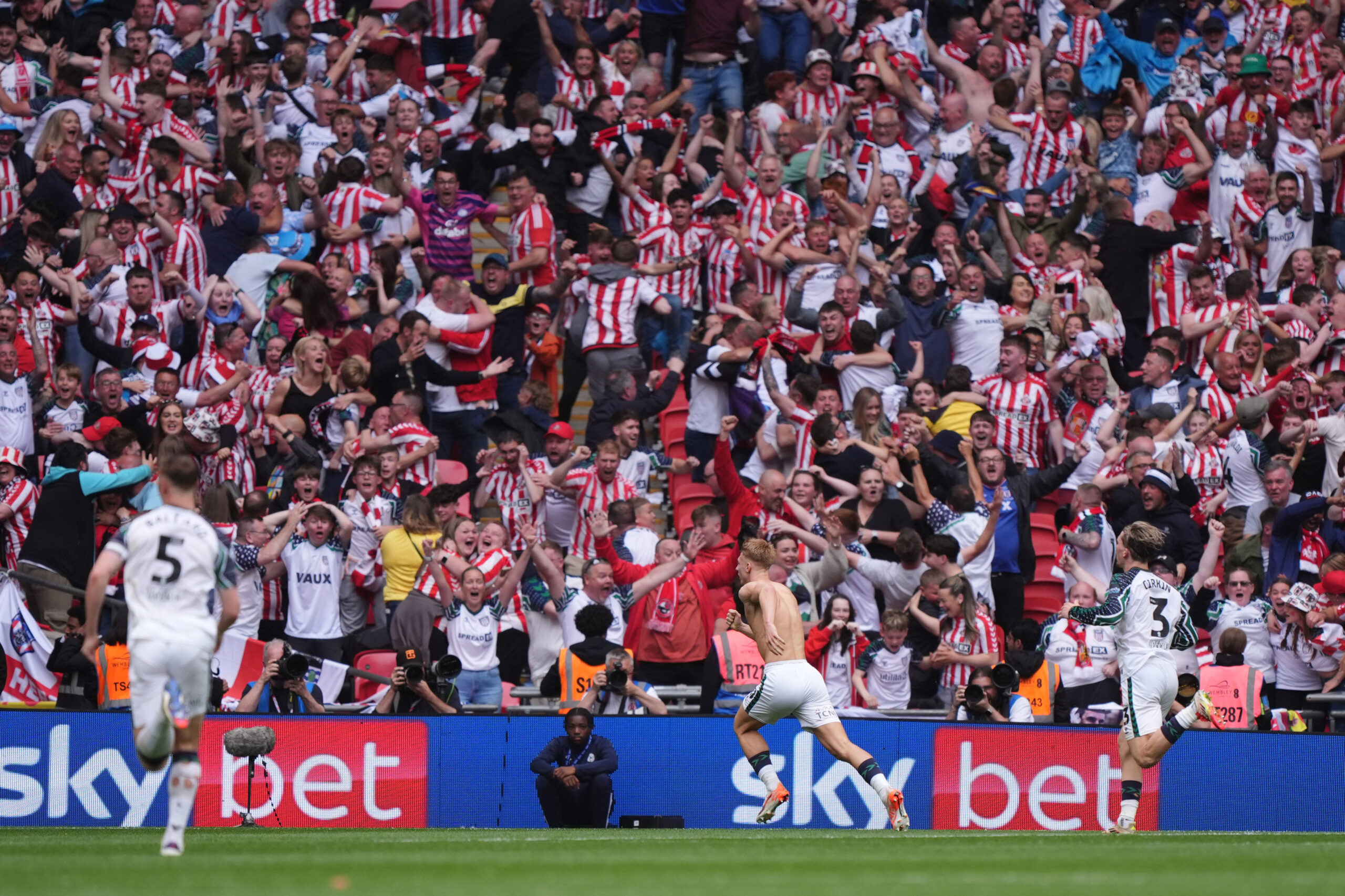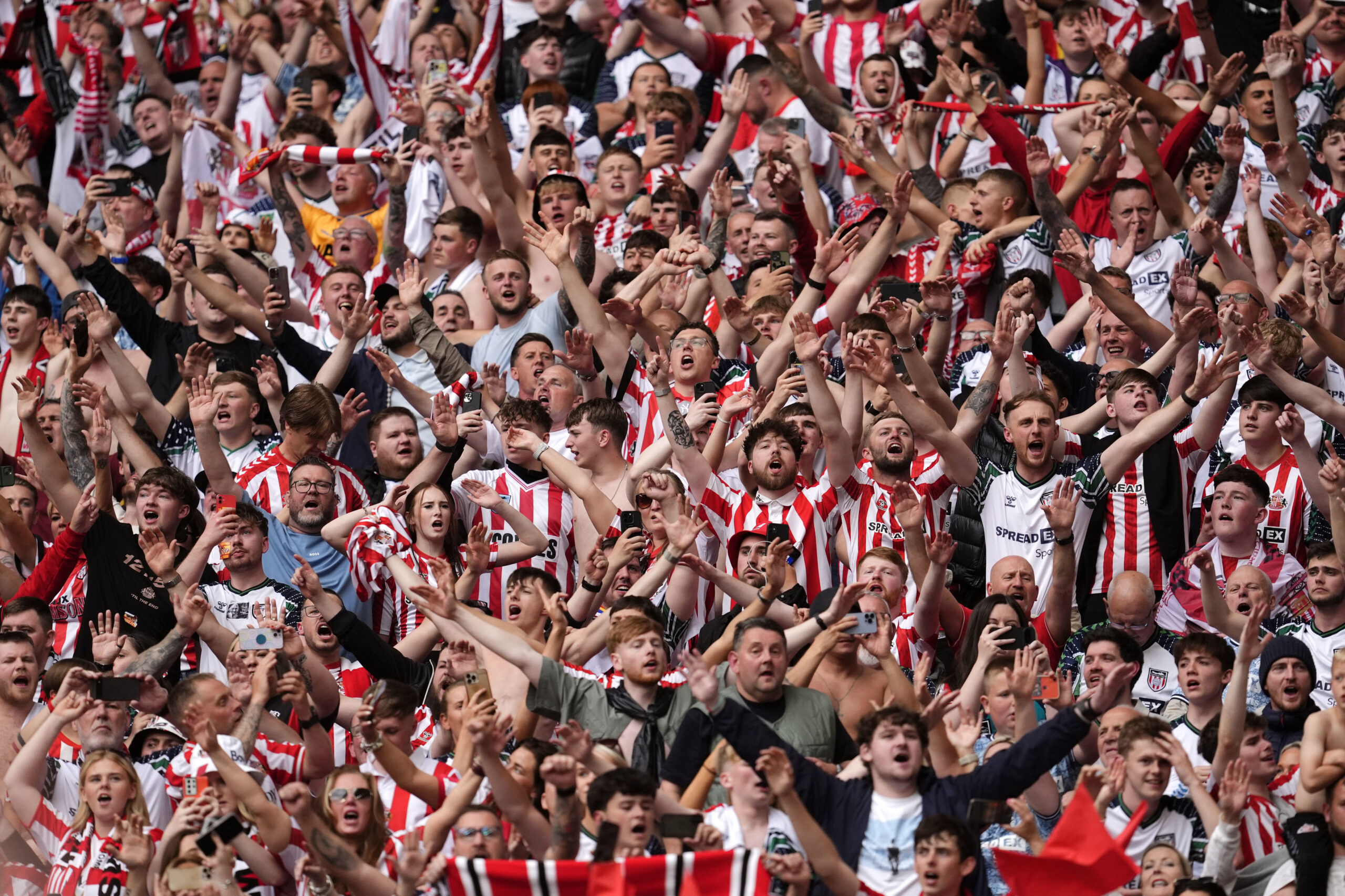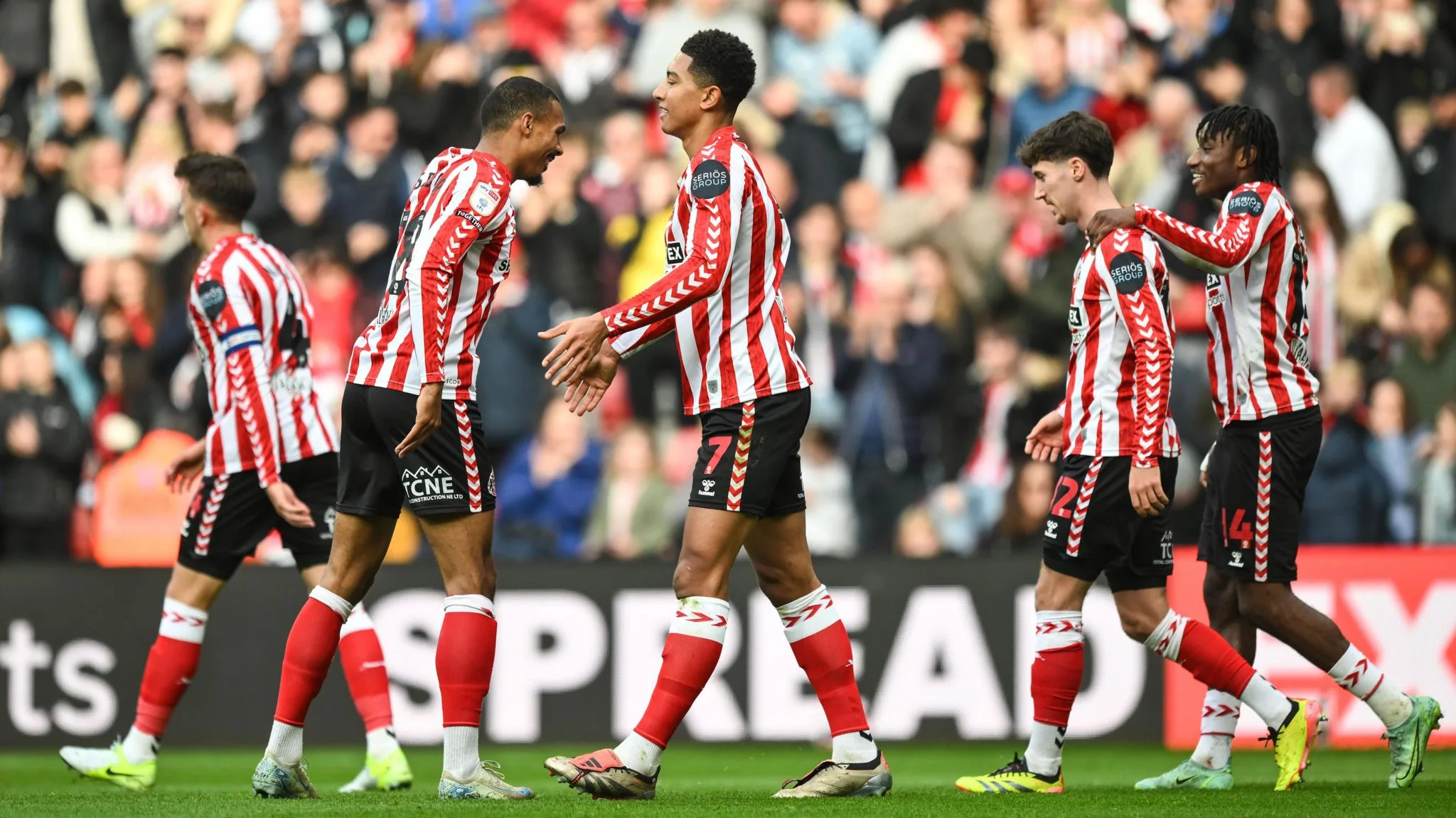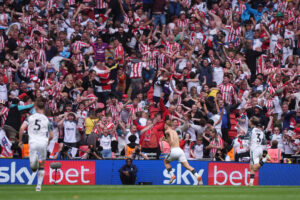After the storm, the calm. Sunday lunchtime’s Tyne-Wear derby, billed by many as the biggest meeting between Newcastle United and Sunderland in a generation, did not have the all-encompassing ramifications many foresaw. A 1-1 draw, and an archetypal game of two halves, resulted in both sides being little better off in a battle against relegation that is slowly reaching its denouement.
Whilst a draw in an away derby is never a point to be sniffed at – not least one that stifled the vaunted ‘Rafa Revolution’ on Tyneside – Sunderland left the home of their neighbours scratching their heads for the fourth time in as many games.
Three consecutive matches have now seen three points squandered into one; before that, one misstep by Patrick Van Aanholt allowed West Ham to wrest all three points from their former manager. Sam Allardyce’s current mood must be bordering on apocalyptic.
It is over five months now since Allardyce and his supposedly archaic brand of football strolled through the ever-revolving manager’s door at the Stadium of Light. Dick Advocaat having lost his way, as so many had before, Allardyce was a throwback to basics; a necessary evil for a club in no position to moan about watching shoddy football.
The results, as with almost everything on Wearside, have not gone quite to plan. Allardyce has indeed improved this side, yet their defence still creaks with alarming frequency. It is eighteen games now since a clean sheet was kept. Sunderland’s revival has been whirring for months now, the engine revving, yet momentum has continuously built to a crescendo before spluttering out of gas.
Sunday’s derby was a case in point. For 45 minutes, the men in red and white – or rather, green – were excellent. Pitted against an expected cauldron of noise, they silenced their hosts, keeping the ball in a most un-Allardycian way, picking holes and harrying relentlessly. Jermain Defoe’s opener just before half-time was the least they deserved.
Whilst derbies, by nature, invoke an element of caution, there seemed little for Sunderland to fear in the second half. And yet, as has so often happened this term, they were unable to capitalise. Whilst Aleksandar Mitrovic’s late header was a rarity in the problems it caused Vito Mannone, it is not hard to wonder whether, had Sunderland gone for the proverbial jugular, any late goal from the Magpies would have been merely a consolation.
Allardyce cut as frustrated figure after the game, distancing himself from his side’s tactics. “Second half I don’t know why we sat in,” the manager said. “It worried me why they did that and let Newcastle come onto them, rather than playing like we did for most of the game.”
It is difficult to know whether Allardyce did indeed instruct his players to keep up their first half showing, or whether the manager himself is so inherently fearful of defeat that such a situation was of his own making. What is almost certain is that, unless something gives sooner or later, Sunderland will go down.
February’s euphoric 2-1 win over Manchester United looked to have set the ball rolling. Bolstered by Kone, Kirchoff and Khazri, the Black Cats had a new dimension, capable of posing a substantial threat at set-pieces while, simultaneously, looking much more likely to keep the back door shut.
Yet that has been the strange paradox of Allardyce’s first term – the man upon whose reputation defensive solidity was built has been unable to arrest Sunderland’s penchant for individual errors.
How much blame can be laid at the manager’s feet is tough to ascertain. Systems and tactics have not been at fault for the vast majority of the 55 goals that have now been shipped by the Wearsiders this season.
It remains, though, that something isn’t right. Patrick Van Aanholt’s revitalisation was underlined by his recent call up the Holland national squad, yet all too often Sunderland have conceded goals as a result of their wide men not doing their jobs. Dame N’Doye’s lethargic attempt to stop Gini Wijnaldum getting in behind on Sunday was the direct precursor to Mitrovic’s equalizer.
Allardyce may moan that his instructions are not to sit back, but it is clear that at times this season he has requested exactly that. In a way it is understandable – Sunderland are not used to winning games, when the opportunity to do so arises it is tempting to protect that at all costs.
Going forward, Sunderland have looked exciting (by their usual standards) for much of the season. However, Jermain Defoe apart, they are wasteful in front of goal. Combine that with a porous defence and you have a rather toxic mix.
Ultimately, the moment for caution is over. This squad is now acutely aware of its long record of conceding; the only remaining option is to continue pushing forward in search of more goals. Fine margins are abundant in relegation battles, but Sunderland would surely rather go down on the front foot, as opposed to their caution confirming their doom.
An international break gives the squad, and Allardyce, yet another chance to think about how they go about prolonging the club’s Premier League status. They should start by seeking to increase leads, not just protect them.
It’s now or never.





























